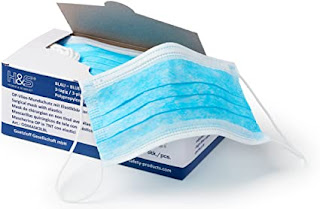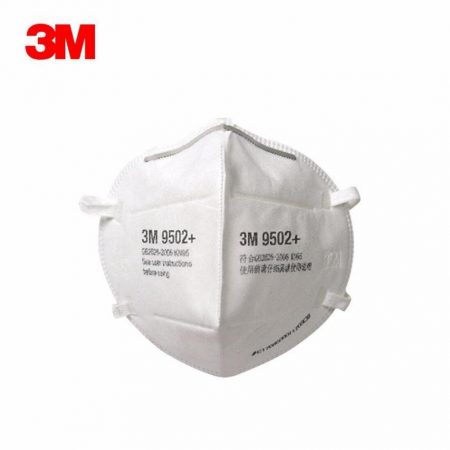Respirators - But Which Ones?
Since it is currently unclear which protective masks offer protection from which dangers and which masks should be used, you will find an overview of the use and benefits of protective masks in different areas of application here. Employers have the obligation to protect their employees from the health effects of occupational contact with solid (particles) or liquid substances (aerosols and larger droplets). A distinction must be made between medical staff and all other employees, as they are confronted with different dangers.
Medical face masks, which are intended for use in operating theaters and healthcare facilities with similar requirements, are designed in such a way that they primarily protect the entire work environment and less the wearer. The requirements and test procedures for these face masks to buy uk are regulated in EN 14683.
This standard describes two sorts of medical face masks along with the associated protection levels:
Type I masks: Type I face masks happens to be used on patients to decrease the risk of the spread of infection.
Type II masks: These are generally envisioned for use by medical specialists in an operating theatre or rest of the medical facilities with similar hygienic requirements.
If the medical or nursing staff has to deal with patients who are infected, it makes sense for the medical or nursing staff to wear a particle filtering face piece (FFP = filtering face piece) of at least Type IIR to protect against their own infection (better FFP3 masks), patients at the same time wear a surgical mask of at least type I (better type II).


Comments
Post a Comment